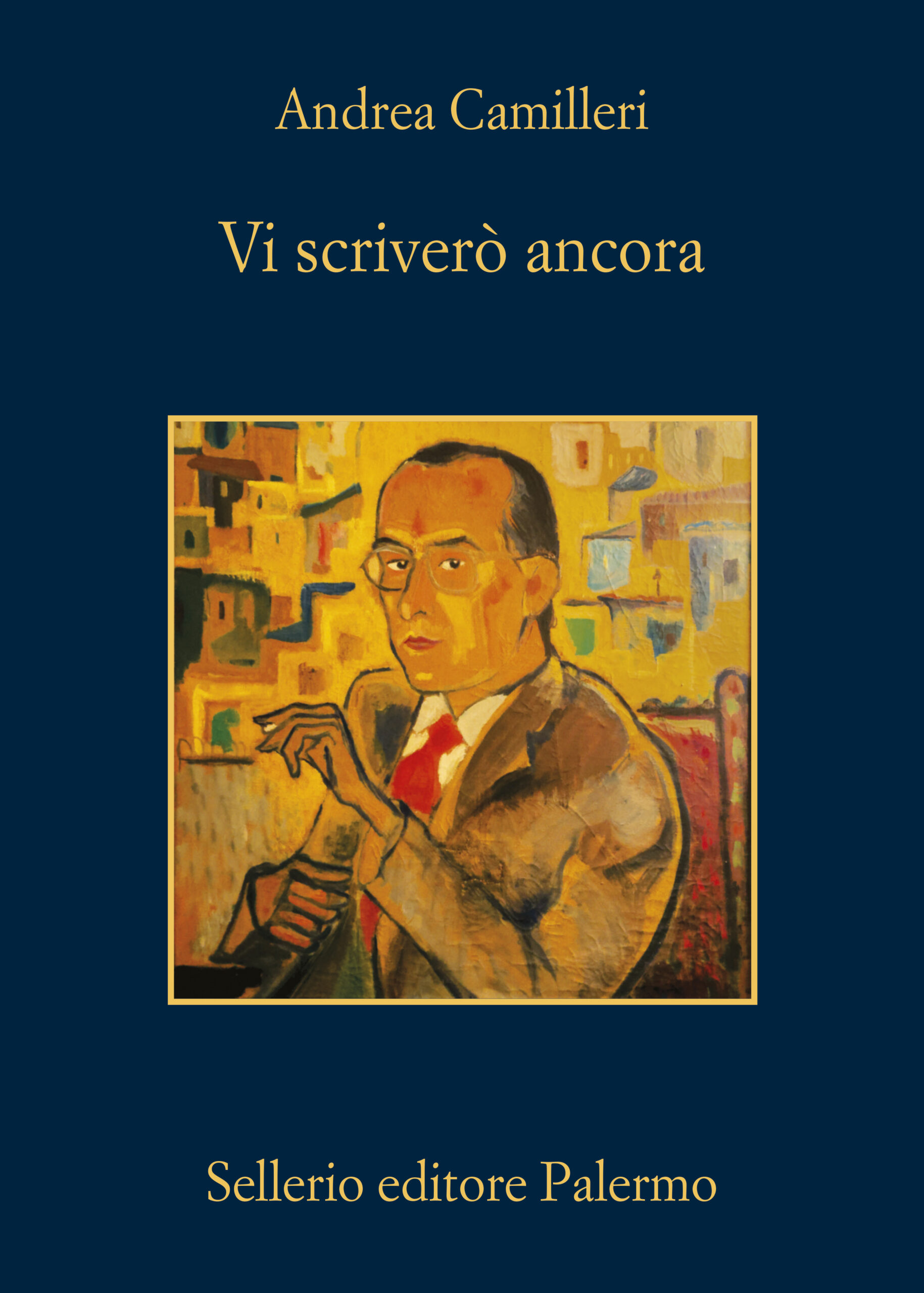Vi scriverò ancora / I will write to you again
The early Roman years, theater training, early career, in letters to family.
There are many ways in which Andrea Camilleri’s youthful family letters can be received. One, however, transcends all others. It is the way of reading a horoscope: of an observable astral configuration drawn by the zodiacal signs and planets, metaphorically transposed into the letters that systematize and determine the predictions about the mature inventor of Inspector Montalbano, a knowledgeable reader of the same favorite books by the still unconscious letter writer; and of that irresistible imp called Catarella, the embodiment of a blatant gesturality and theatrical comedy already brought to the stage in the sketches improvised by Camilleri in his messenger papers.
Camilleri is young, very young. He loves theater. And as a director he also has rhabdomantic skills. He makes water gush where everyone sees only dry bushes and stones. He sniffs in the air, as well. He catches the coming wind. It anticipates the times, staging authors as yet untried in Italy. Their names are Ionesco and Beckett. These are the years 1957- 1958. He happens to be looking for an actor up to the part. He can’t find him. He likes to take a chance. And he decides to replace the actor with a mannequin. The success is resounding.
